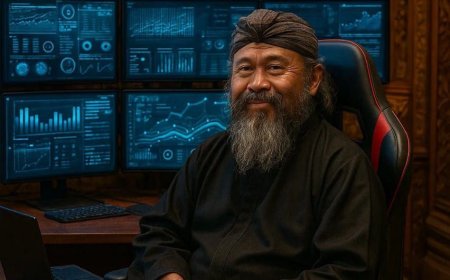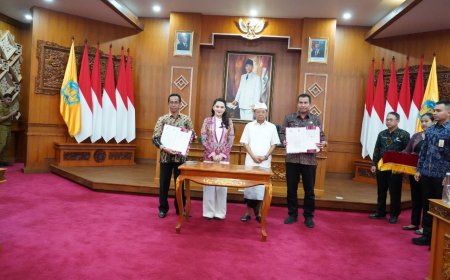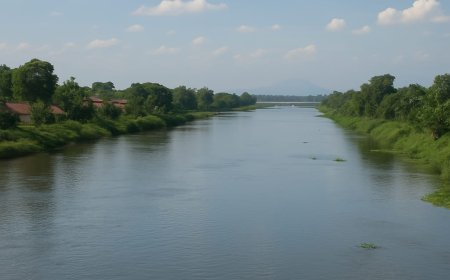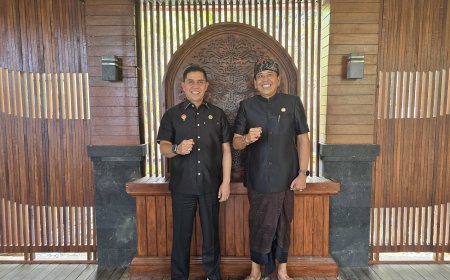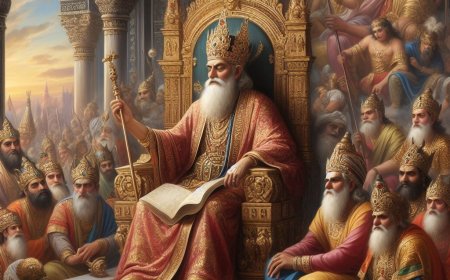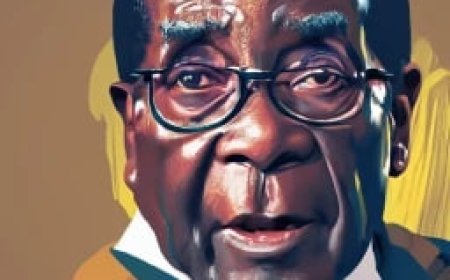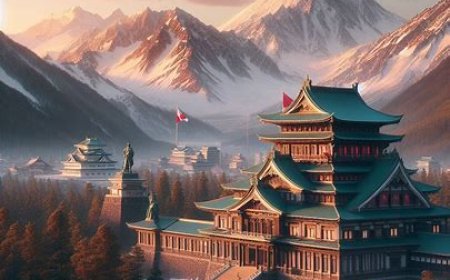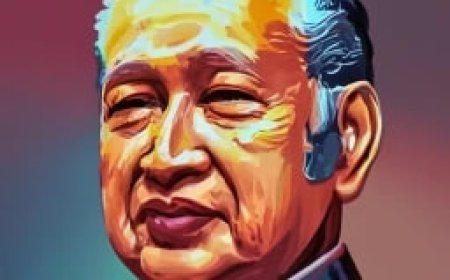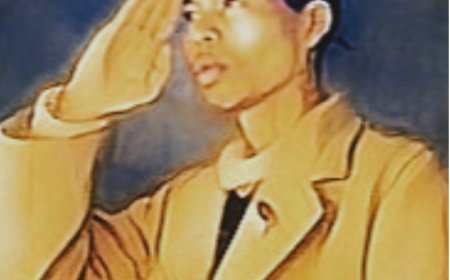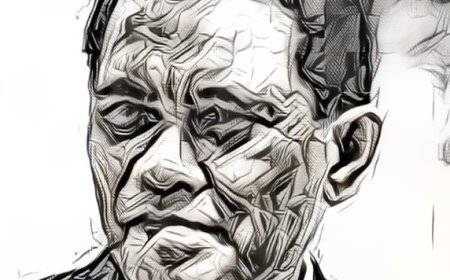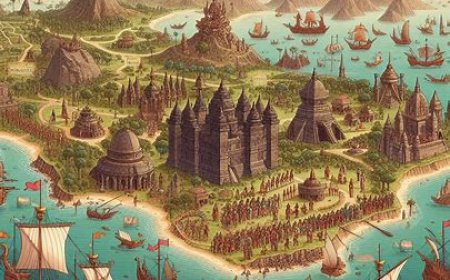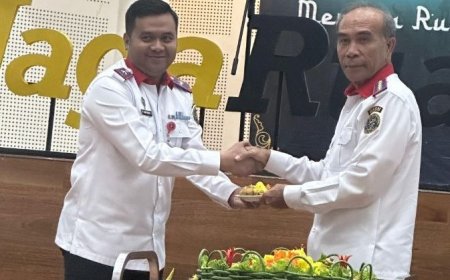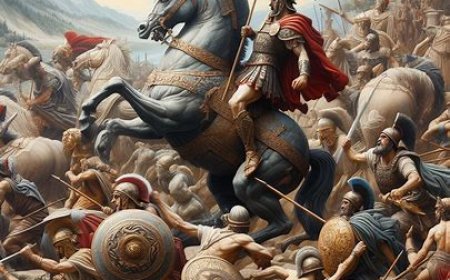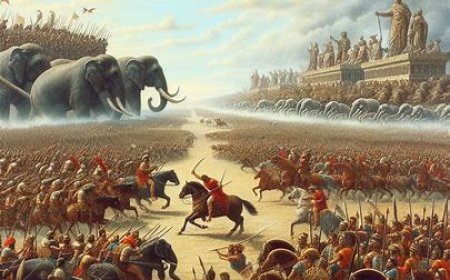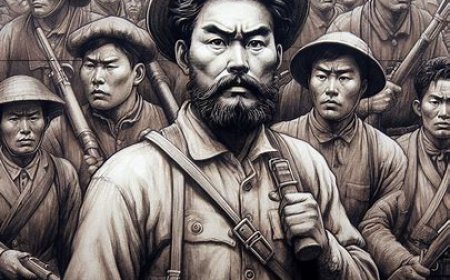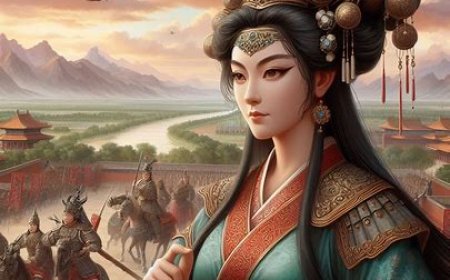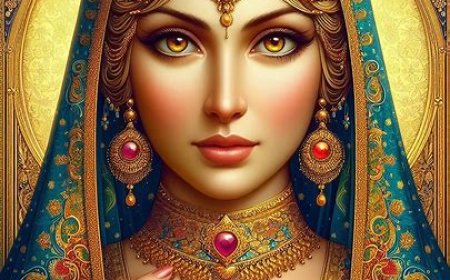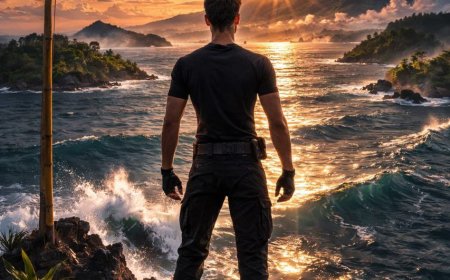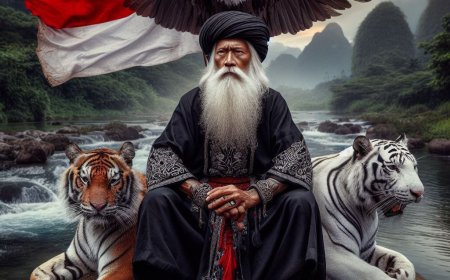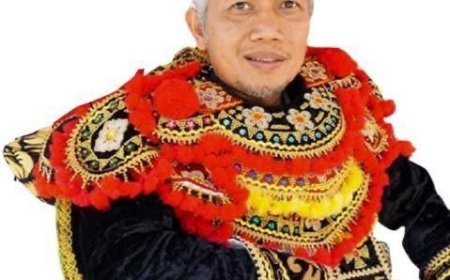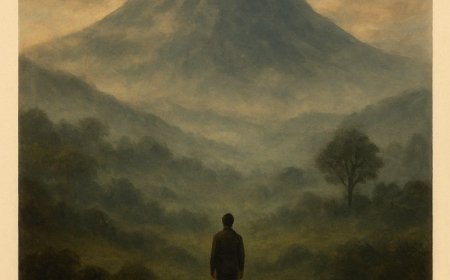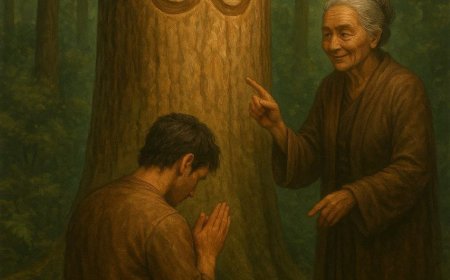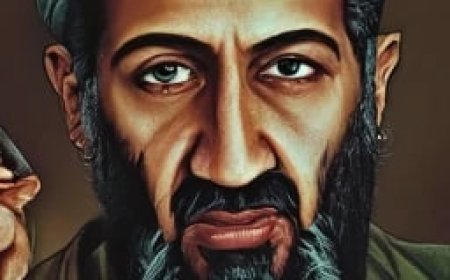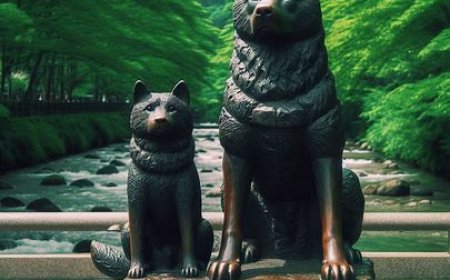THE ESSENCE OF HULU YEH HO
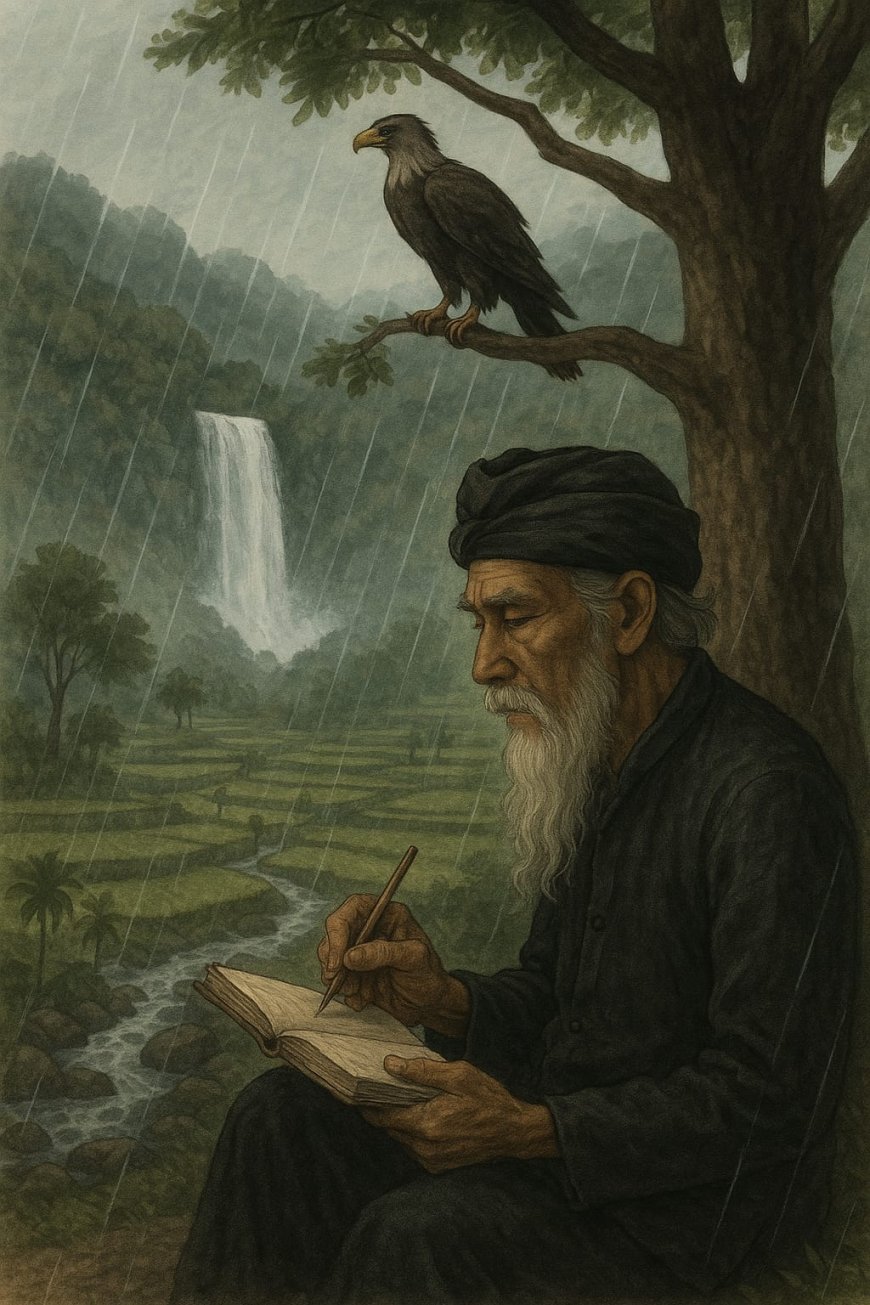
Morning greets the slopes of Mount Batukaru. Beneath an old kapok tree, an elderly man sits in silence. He wears a black shirt, a faded headcloth, and his white beard hangs down like the roots of time. Resting on his lap lies a worn-out book, open to the pages where he records the voice of nature.
His eyes gaze far into the distance, at the Hulu Yeh Ho waterfall, whose waters flow clear and full of power. At the top of a tree, an eagle perches proudly, its sharp eyes fixed westward.
The old man draws a long breath. In his heart, a voice echoes:
“The highest power in this world is rasa—
The feeling of love, the feeling of care, the sense of responsibility toward the land that sustains life.”
Suddenly, the wind arrives, carrying a thin mist. Light rain begins to fall, merging gently with the earth. From afar, the sound of a bamboo flute resonates. Not music, but a message.
The old man writes his final sentence that morning:
“Without farmers, this country grows hungry.
Without water, this land dies.
Without mothers, this nation has no soul.”
He closes his book. The eagle spreads its wings and soars high into the sky. Behind the clouds, the old man knows: Indonesia remains alive because the small and humble are never forgotten—by nature, by mothers, and by farmers.
By: Ngurah Sigit
The author is a sociologist, cultural observer, and media analyst.
What's Your Reaction?







